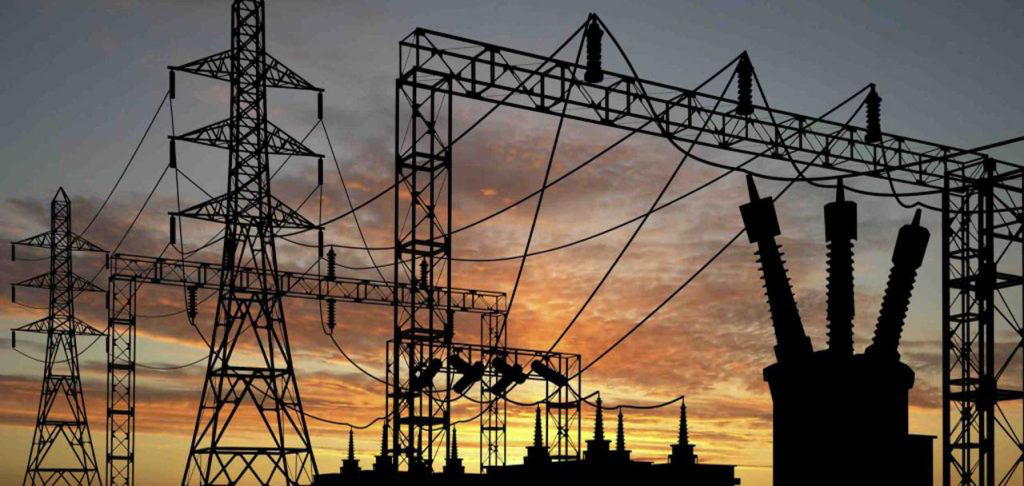…Says affordability, service delivery must go hand in hand
By Obas Esiedesa, Abuja
The Nigerian Independent System Operator (NISO) has recorded a gradual and carefully managed transition to cost-reflective electricity tariffs in Nigeria, stressing that affordability and service improvement must go together for the reforms to succeed.
Managing Director of NISO Engr. Abdu Bello Mohammed, made this call while speaking at the 5th Annual Power Correspondents Association of Nigeria (PCAN) Conference in Abuja on Thursday, Engr. Mohammed said the transition should be “deliberate, measured, and tied to visible service improvements,” to sustain public trust and ensure that vulnerable Nigerians are not further pushed into energy poverty.
Delivering a keynote address on the theme “Cost Reflective Tariff vs. Energy Poverty: Finding a Pricing Balance in the Nigerian Power Sector,” he described tariff design as “the heartbeat of the power sector,” determining the survival of operators, investor confidence, and the affordability of power for consumers.
According to him, the persistent liquidity shortfalls, inadequate investments, and weak service delivery in the Nigerian Electricity Supply Industry (NESI) are largely due to tariffs that do not fully reflect operational costs.
“The real question is not whether we should have cost-reflective tariffs, but how to achieve them in a way that preserves affordability and protects the most vulnerable among us,” he stated.
The NISO boss argued that achieving a fair pricing structure requires targeted interventions, not blanket subsidies that distort market signals. He advocated for lifeline tariffs and data-driven welfare-linked rebates to protect low-income consumers while allowing market efficiency.
Mohammed, who stood in for Mr. Lamu Audu, NISO board member and Managing Director of Mainstream Energy, further noted that reducing technical, commercial, and collection losses is one of the fastest ways to relieve pressure on tariffs. “Every percentage point of loss recovered translates directly to lower costs for consumers,” he said, calling for renewed focus on metering, automation, and data accuracy.
He emphasized transparency and efficiency as critical to restoring investor confidence, adding that NISO is enhancing market coordination and system reliability through digital platforms and modern grid management tools like SCADA and Energy Management Systems (EMS).
“Tariff reform and market efficiency are two sides of the same coin. A transparent, data-driven market reduces systemic inefficiencies, narrows the revenue gap, and supports the case for realistic, socially sensitive tariffs,” he said.
The NISO chief also stressed the importance of broader policy alignment, particularly in gas pricing reform, data governance, and investments in energy efficiency, to lower generation costs and enhance affordability.
Reaffirming the agency’s commitment to transparency and reliability, Mohammed said NISO would continue to ensure that Nigeria’s evolving electricity markets remain interoperable, fair, and aligned with national objectives.
“Our collective goal is not simply to raise electricity prices, but to build a sector that works, one that can finance its growth, sustain investor confidence, deliver reliable supply, and ensure that no Nigerian is left in the dark because of inability to pay,” he concluded.
The post ELECTRICITY: Operator pushes for gradual transition to cost-reflective tariffs appeared first on Vanguard News.

